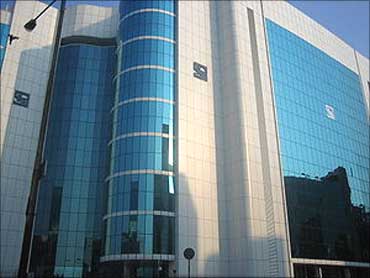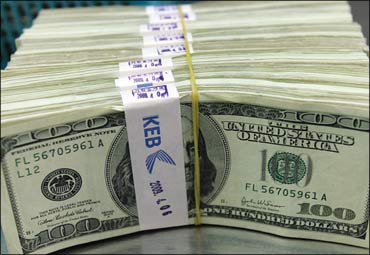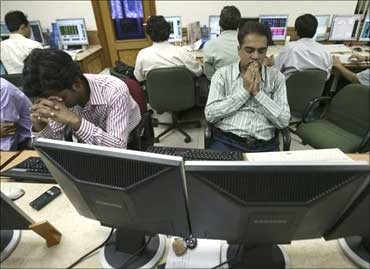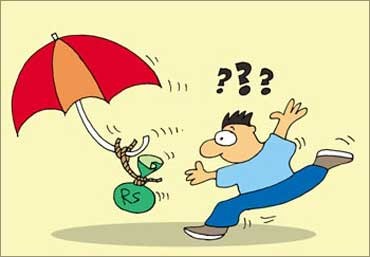 | « Back to article | Print this article |
India Inc welcomes new takeover code
"It is a positive move, especially for financial investors who can now come in without having to worry about triggering an open offer. It is a good move for corporates as well, who can now go for more private placements.
"It will encourage foreign institutional investors to come in and invest in good stocks in India," said V Ashok, group chief financial officer, Essar group.
Click NEXT to read more...
India Inc welcomes new takeover code
"However, strategic investors will have to be ready to spend more to get control." The trigger in Japan for an open offer is 33.3 per cent, Hong Kong 30 per cent and in Singapore it is 29.99 per cent.
In all three countries, the trigger requires an acquirer to make an offer for the entire company.
Click NEXT to read more...
India Inc welcomes new takeover code
Last year, the Achuthan Committee on Takeover Regulations had recommended that an open offer ought to be for all the shares (100 per cent) of the target company "to ensure equality of opportunity and fair treatment of all shareholders, big and small".
Satyen Shah, head, equity capital markets at Edelweiss Capital, said it was a "welcome step as it would have made acquisitions too expensive, especially for Indian promoters who do not have access to bank funds for acquisitions".
Click NEXT to read more...
India Inc welcomes new takeover code
However, Wadhwa of Ambit believed that limiting open offer to minimum 26 per cent "is not in the interest of minority shareholders" as they will not get a complete exit opportunity.
On Sebi abolishing non-compete fees, Manvani of PWC said: "The move may have been triggered by Sebi's need to usher in better governance in deals."
He said in some deals, companies would split the total pricing consideration (deal size) into a non-compete fee portion so that the acquirer spent less on the total transaction cost while the promoter earned more."




